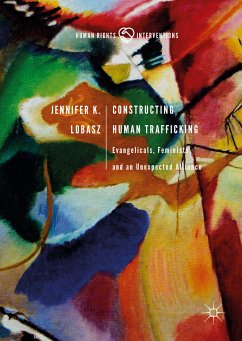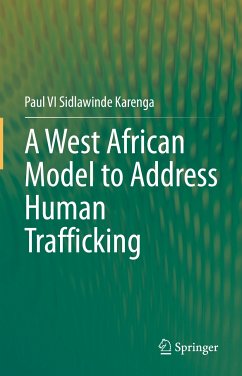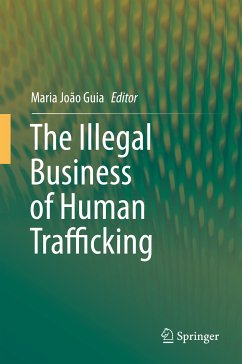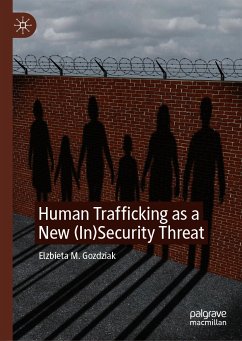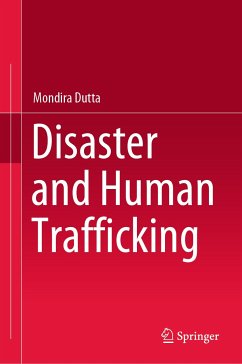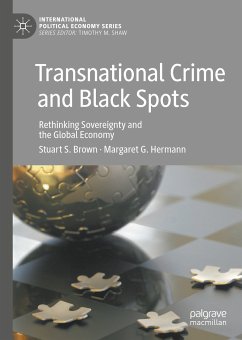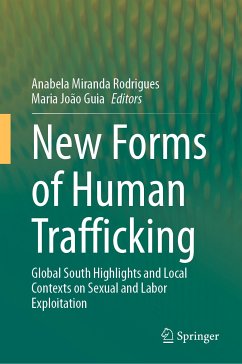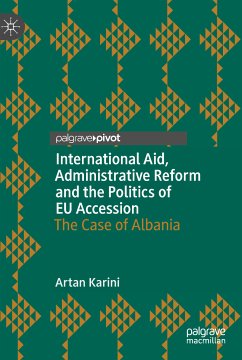
The Fight against Human Trafficking (eBook, PDF)
Drivers and Spoilers
Versandkostenfrei!
Sofort per Download lieferbar
40,95 €
inkl. MwSt.
Weitere Ausgaben:

PAYBACK Punkte
20 °P sammeln!
This book provides a quantitative, cross-nationally comparative, longitudinal, and multilevel study of the drivers and spoilers of national governments' anti-trafficking measures. Both macro-level determinants of anti-trafficking enforcement and micro-level foundations of human trafficking are unfolded and explored. Large-N comparative research examines how characteristics of countries interact with people's attitudes towards violence to better understand what creates environments that are more or less supportive of governments' anti-trafficking efforts. The results presented in the book are h...
This book provides a quantitative, cross-nationally comparative, longitudinal, and multilevel study of the drivers and spoilers of national governments' anti-trafficking measures. Both macro-level determinants of anti-trafficking enforcement and micro-level foundations of human trafficking are unfolded and explored. Large-N comparative research examines how characteristics of countries interact with people's attitudes towards violence to better understand what creates environments that are more or less supportive of governments' anti-trafficking efforts. The results presented in the book are highly relevant from the perspectives of global governance and human rights protection.
Dieser Download kann aus rechtlichen Gründen nur mit Rechnungsadresse in A, B, BG, CY, CZ, D, DK, EW, E, FIN, F, GR, HR, H, IRL, I, LT, L, LR, M, NL, PL, P, R, S, SLO, SK ausgeliefert werden.



